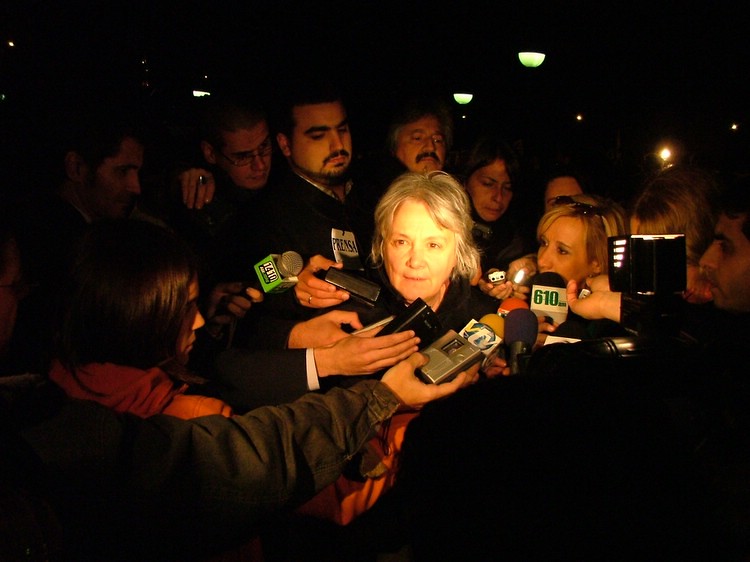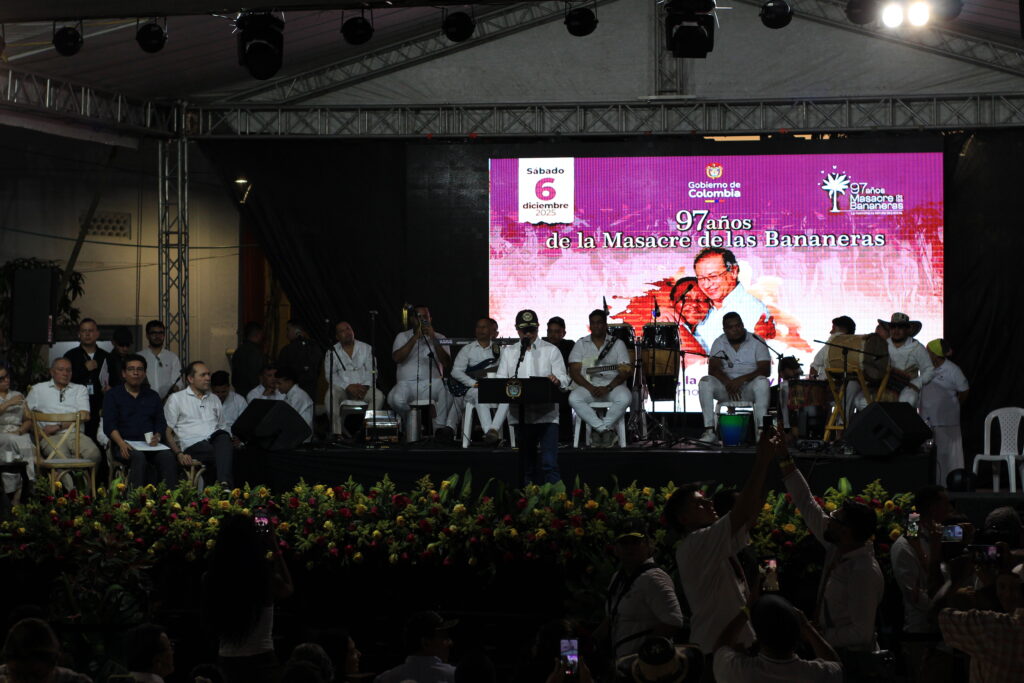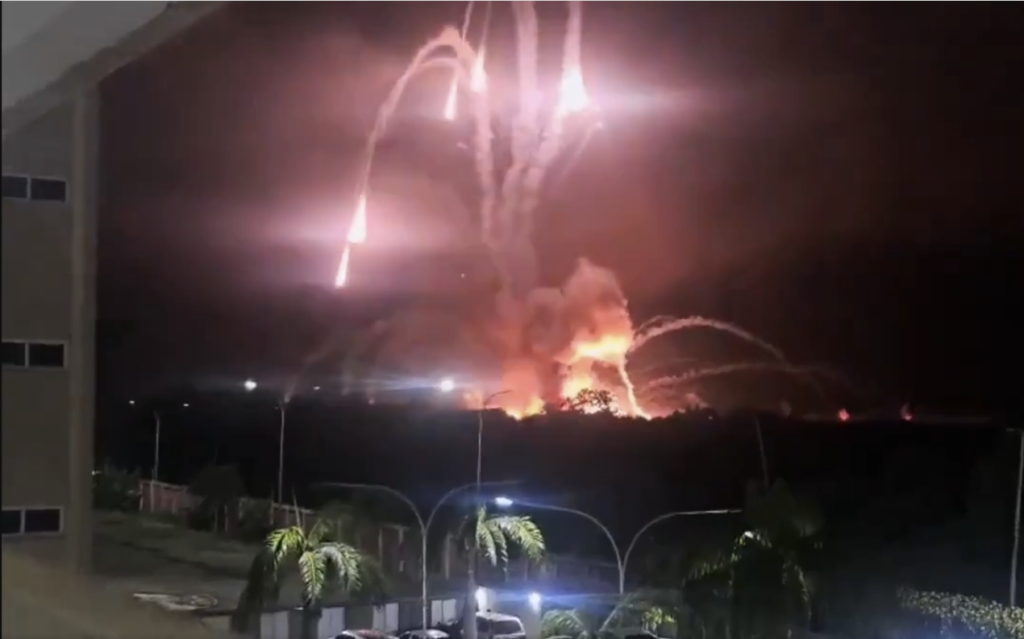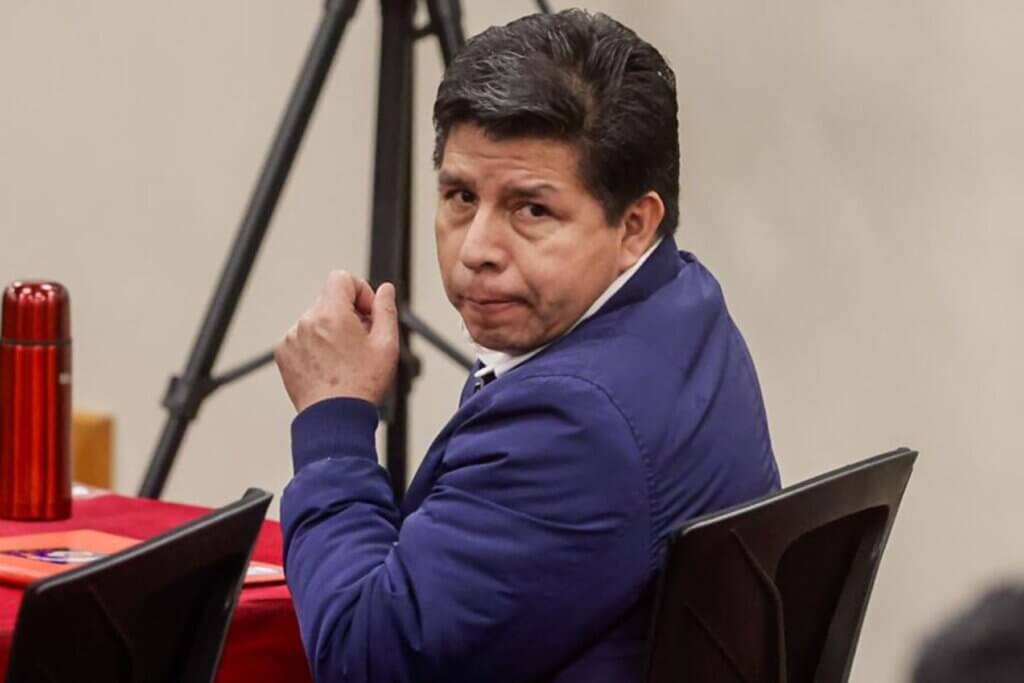Former Vice President Lucía Topolansky alleged that members of the left-wing lied about crimes against humanity committed during Uruguay’s dictatorship, which lasted from 1973 to 1985.
According to El País, the claim was made in an interview she gave for the book “Los indomables” (The Untameables) by Pablo Cohen. She said that there are members of the left wing “who lie[d] in their statements” about the crimes perpetrated by the dictatorship.
Topolansky claimed that some people were pressured into making false accusations. She recalled that an acquaintance of hers and her husband—former President José Mujica—was told to lie in order to put a certain individual associated with the regime in prison. Topolansky claimed that refusing to do so could lead to accusations of being a “traitor.”
She added: “We know who lied within the left. But we are not going to say it.”
Topolansky, a former leftist guerrilla like her husband, spent 13 years in prison under the dictatorship.
During that time, she says she and three other prisoners became aware of the death of another prisoner, who was asthmatic and died after a gas grenade was thrown into his cell. The prisoners were not eyewitnesses to his death, but were confident that they had heard enough to substantiate the events. Topolansky claims that the prisoners were encouraged to lie about having actually witnessed the incident, saying that “those who wanted you to lie asked you for those things,” but that she did not lie because she was “not like them.”
Topolansky’s statements have caused significant controversy in a country where 197 people were forcibly disappeared and thousands were tortured between 1973 and 1985.
The group “Mothers and Relatives of Disappeared Uruguayan Detainees” (Famidesa) published a statement in which they expressed their “maximum rejection” of Topolansky’s claims. The group said that “these types of allegations” put in jeopardy “a process of searching for and attaining justice which has taken many years.”
They accused Topolansky of “undermining the legitimacy of the prosecutions and sentences” issued to perpetrators, encouraging Topolansky to either “retract” her statement or “fall silent.”
Topolansky has since sent a handwritten letter to Famidesa, saying that she will “fall silent,” adding “I cannot retract [what I said] because I knew what I said.” She explained, “It was a mistake to say it in the conversations that the author recorded to make his book,” and stated, “I did not read the draft before it went to editing. I should have done so, and removed what I said. I take responsibility for the mistake and the consequences.”
She also stated that the accusations she made about witnesses lying were related to trials in Buenos Aires, Argentina.
Famidesa responded to the letter with another statement: “We firmly maintain the position we made public on December 18: we trust in Justice and in the victims, and in the Uruguayan people who have expressed their solidarity and constant support for this cause that unites us.”
The governing Frente Amplio (Broad Front) coalition, which Mujica and Topolansky represented as president and vice president respectively between 2010 and 2015, also issued a statement in response to the controversy. The coalition reaffirmed its “unwavering commitment to the defense of human rights and its absolute condemnation of crimes against humanity.”
The statement continued, “We reiterate that respect for historical memory is not only an act of justice towards the victims and their families, but also an essential condition for consolidating a full democracy, based on truth and human rights.”
Topolansky’s claims will now be investigated by prosecutor Eliana Travers, though there will be no proceedings until February as judicial recess is currently underway.











